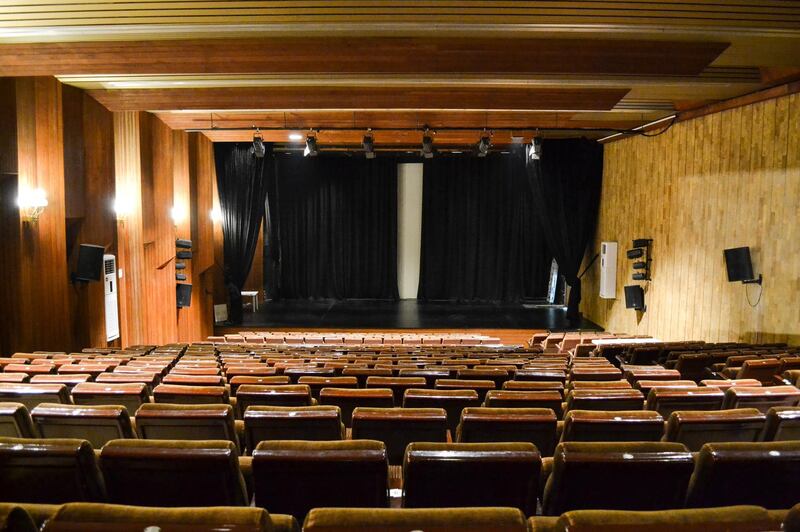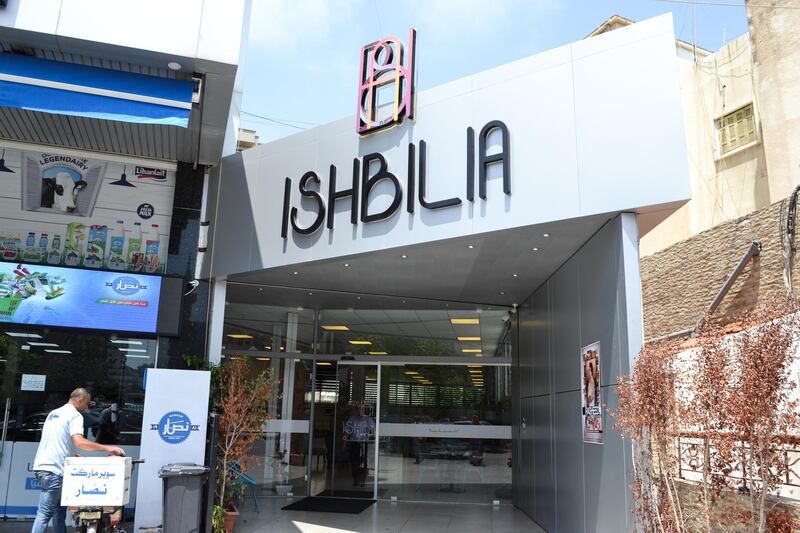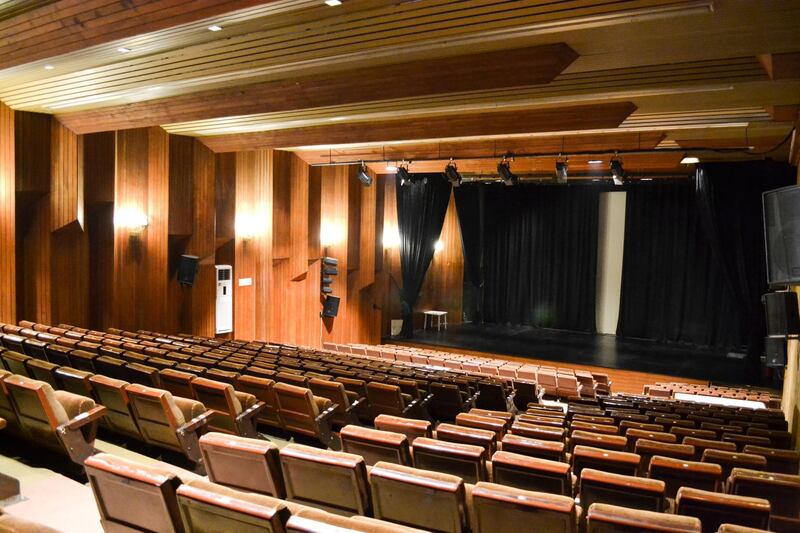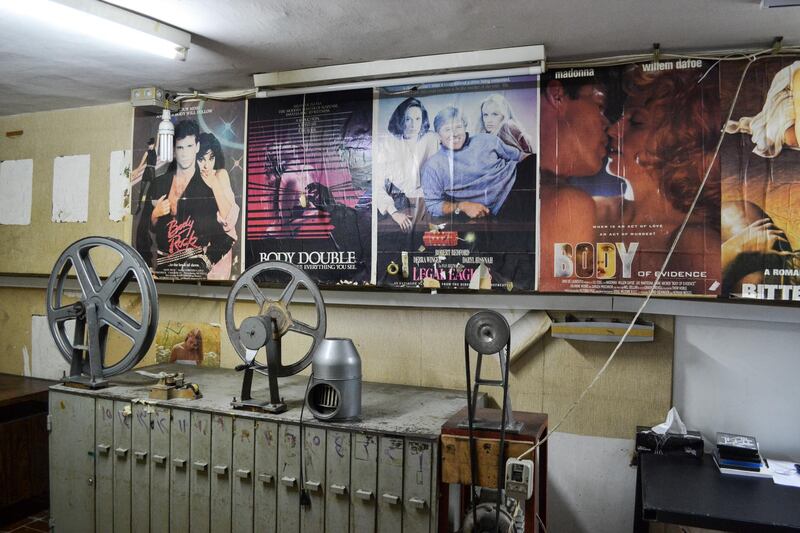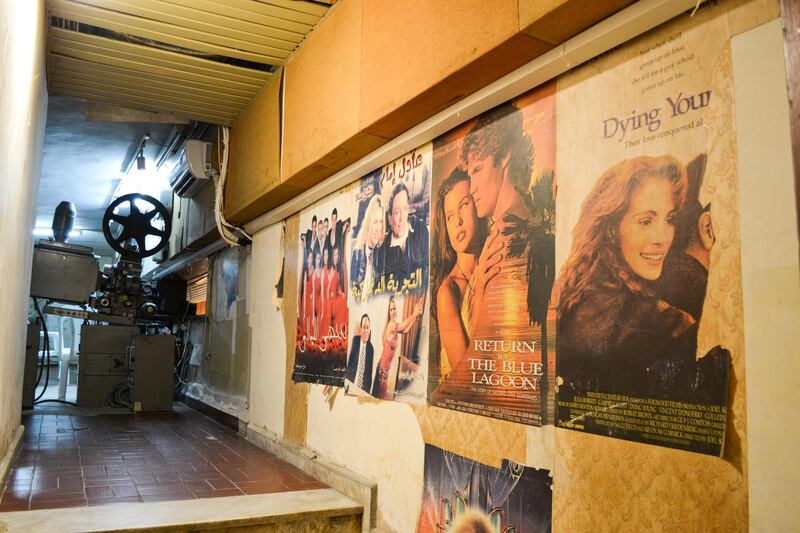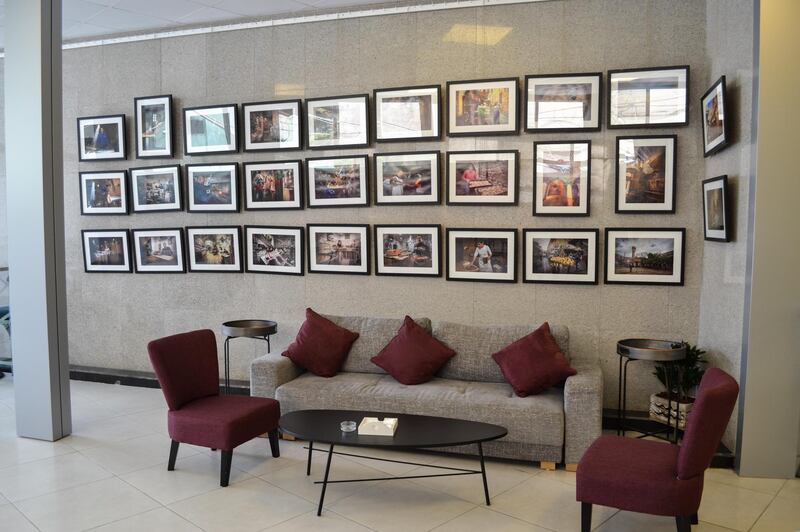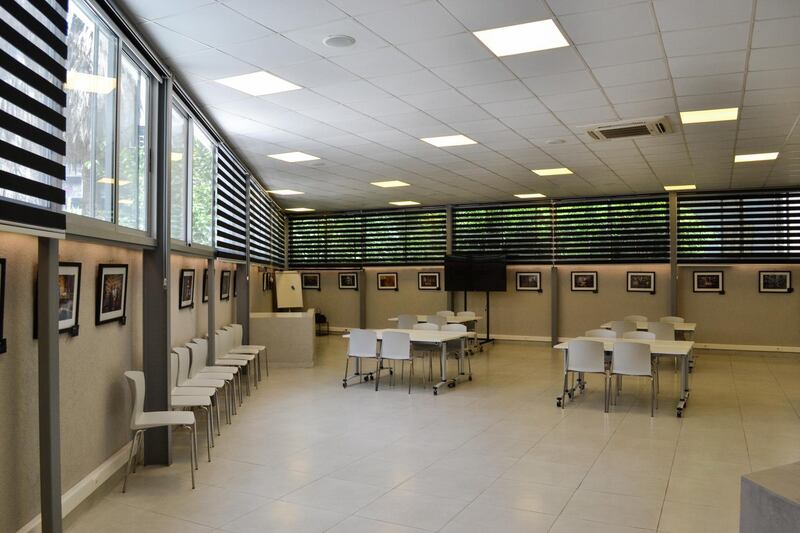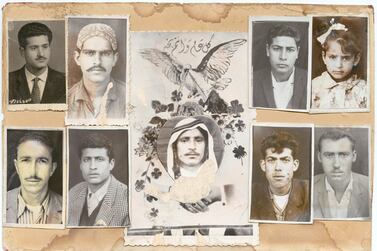For 26 years, the Ishbilia Cinema was a gathering spot in the heart of Saida, a bustling seaside city about 40 kilometres south of Beirut. It was where locals could settle down in thickly padded seats with a bucket of popcorn and lose themselves in the latest Egyptian dramas and Hollywood epics. Opened by Adnan Zibawi in 1980, the cinema was named after the Spanish city of Seville, which was known as Ishbilia while Andalusia was under the rule of the Moors.
"Many people from Saida and the south have memories of this space when it was open between 1980 and 2006," says Adnan's daughter, Hiba Zibawi. "They still have memories of the films they watched here. Some people remember their favourite seats … in 1982, when Israel invaded Saida, people used the theatre as a shelter, so many people here remember this incident."
The cinema closed in 2006, a casualty of a shifting economy, changing social practices and the opening of a multiplex cinema in a nearby shopping mall. But last year, Hiba, with the help of her sister Nahla, decided to resurrect it. Today, Ishbilia Theatre and Art Hub is attracting a local audience, who come to watch films and plays, participate in Q&A sessions with directors, and attend workshops. They are also able to spend time in the sleek, contemporary cafe that encloses the original entrance to the underground auditorium.
Lebanon was in the grips of civil war when the cinema first opened, with Ishbilia operating throughout 10 years of conflict. "My dad was courageous. When I think that he opened it during the war, I think, 'How did he do it?' and many people ask me this question," Hiba says. "But nothing happened to this space during the war. No one could enter it from any side or any party. Back then it also had a cinema club, in which several social and political activists chose a film and screened it here, with a discussion held after the film."
She says she hopes the reopened venue will attract a similarly dedicated community of film, theatre and art lovers with an interest in local and regional work. "In September last year, Nahla and I decided to revive Ishbilia to become the first independent art house, cinema and theatre in Saida, with a vision to support local and Arab artists," Hiba explains.
"That's why we've been screening a film by an independent Arab or Lebanese filmmaker every Friday. We've hosted six plays – five from Lebanon and one from Egypt – and we've hosted one musical performance.
Our main mission is to decentralise the art scene from Beirut to the south because we believe that art deserves to be seen and experienced by all people."
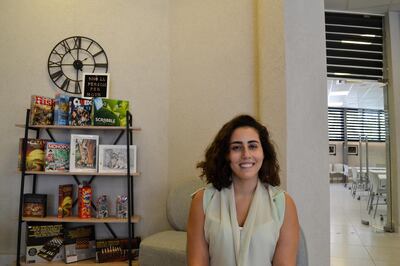
The sisters decided to keep aspects of the theatre unchanged from their father's day. Audiences go down a flight of marble stairs to reach the auditorium, which can seat up to 447 people on rows of folding wooden chairs, upholstered in soft brown velvet. The walls are lined with wood and lit by sconces, giving the old cinema a cosy vintage feel. In the projection booth, lined with vintage posters, the original machinery used to show films in the 1980s stands beside a set of smart new digital controls.
Upstairs, the sisters made use of the land surrounding the cinema by adding a 400-square-metre extension that houses a cafe, a meeting room and a large multipurpose space used to host exhibitions, lectures or performances. It is also sometimes rented out to local organisations for workshops or events. Several local NGOs have made use of Ishbilia's facilities already, including a charity that staged a play for underprivileged children, and a group of actresses and directors who worked with Lebanese, Syrian and Palestinian teenagers to stage an adaptation of Franz Kafka's Metamorphosis.
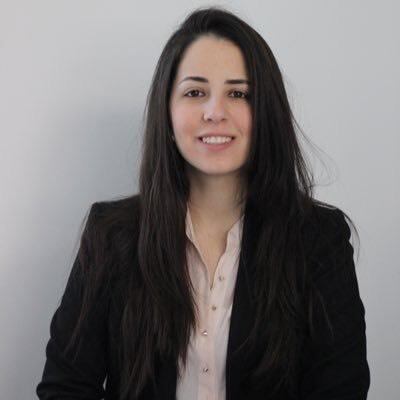
The Zibawi sisters have also registered their own NGO, Ishbilia Association for Arts, with the aim of putting local talents in the spotlight. "It's run by six youth members from Saida, women and men," Hiba says.
Regular events organised under the umbrella of the NGO include a poetry slam and open mic night called Sidewalks Saida, which provides young performers with a chance to share their talents with an audience. The sisters also hope to launch the first film festival in the city and set up a theatre troupe using local actors.
"We're not living in a bubble. Saida – and Lebanon – has so many communities and different groups from all walks of life, so we aim to reach them all and for this theatre to be another place for them to experience new types of films and art in general," Hiba says.
Lebanese actors and performers have reacted enthusiastically to the opportunity to perform in Saida, but locals are taking a little longer to come around to the idea of visiting an art house theatre. "We were aware before opening the space that it's a challenge to open a cultural art house in Saida because people here are not used to going to the theatre and watching films, other than commercial films," Hiba says.
"But we wanted to take a risk and we had a mission and a strategy. People here are not used to directors coming and having a Q&A with the audience after the film, so this was a new experience for them. It's a process, but we're on the right track."
She says she hopes that as more locals rediscover Ishbilia, they will help to shape it into a space that meets the community's needs. "We hope that everyone can collaborate because I don't believe that audiences are passive. I believe that the audiences' role doesn't end when the event ends," Hiba says. "We believe that the audience has a crucial role in making the space succeed and in teaching us or shedding light on aspects that we didn't see before. We can learn from each other."
